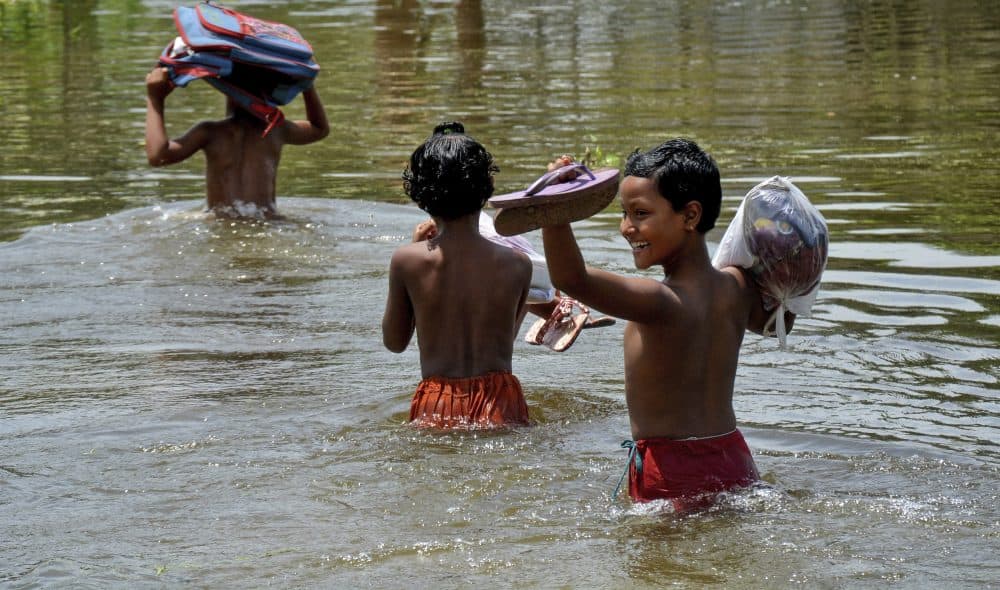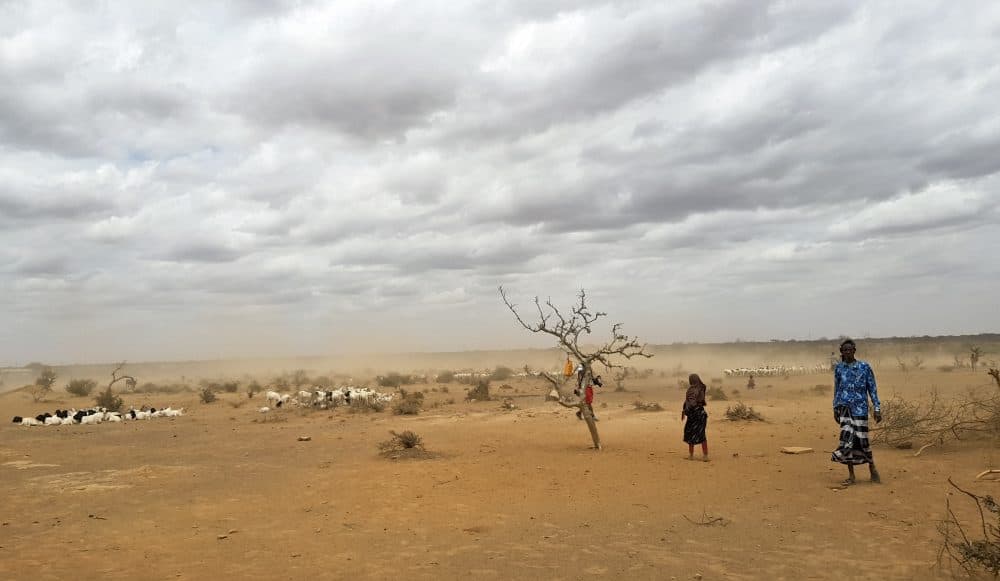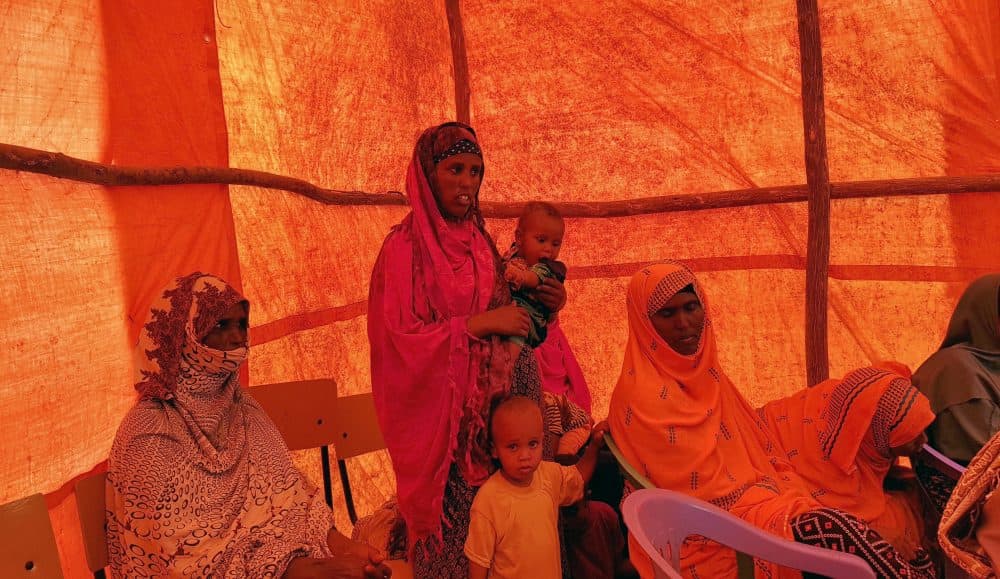Advertisement
Commentary
How Massachusetts Can Counteract Trump's Anti-Climate Policy

Earlier this year, President Trump announced his intent to withdraw the U.S. from the Paris climate agreement. However, we, the citizens and taxpayers of Massachusetts, have the opportunity to take action and make a difference in the lives of those most vulnerable to climate change.
Last week, I testified in favor of Senate Bill 2056, and I urged our lawmakers to pass it. The bill would create a voluntary check-off option for residents to donate money on their tax return to the Least Developed Countries Fund. This special United Nations fund is singularly focused on helping the people and communities who are most vulnerable to the impacts of climate change, but who have the least resources to adapt and protect themselves.
This bill — supported by a coalition that includes my organization, Oxfam America — also presents an opportunity for Massachusetts to take a stand against President Trump’s isolationist, anti-climate agenda.
And it presents a simple and concrete way to send a message of hope to the global community. This year has certainly brought our new climate reality — and the widespread suffering it brings — into sharper focus.
From the deadly floods in Bangladesh to droughts that have decimated crops and livestock in the Horn of Africa to the widespread destruction brought on by hurricanes in the U.S., most recently Puerto Rico, 2017 has been a record-breaking year for climate-related disasters.
But this is only a hint of what our future will look like if we do not address climate change. Droughts, heat waves, hurricanes and flash flooding will only become more intense and devastating as global temperatures continue to rise.

I have made addressing the root causes of poverty my life’s work. I have traveled to many countries in the developing world, and I have seen how climate change magnifies existing threats to human life. And I worry about the significant risk of displacement and migration, the upending livelihoods and the increasing pressure on fragile governments to cope with the impacts.
We are currently in the midst of the largest humanitarian crisis since World War II, and climate change is only fueling it. We must turn awareness into early action. The failure to act will lead to even greater costs later — not just in dollars but in lives lost.
According to the World Bank, without adequate investments in climate adaption efforts, an additional 100 million people could be living in extreme poverty by 2030.
Massachusetts already has six check-off options available on the current tax return form. This bill is simply building on existing processes by adding a seventh option, allowing taxpayers to donate a portion — or all — of their refund, or add a donation to their tax due. There are no program or net administrative costs, and individual participation is voluntary. If successful, this bill could also set an example for other states to follow and provide a dependable stream of financing for some of the world’s most vulnerable.

Massachusetts has a chance to be a leader in this fight, and invest in projects that save lives.
While I have been disappointed by the way our executive branch has backed away from our international commitments on climate change, I have been heartened by the efforts of business leaders, local leaders and everyday Americans who have vowed to continue the fight against this most challenging threat of our times. This bill can take these efforts even further.
I am proud to call myself a new Massachusetts resident. I have spent the past decade living abroad and working in developing counties. I cannot think of a more appropriate way to continue that service and commitment to global citizenry than donating to those most vulnerable to climate change.
